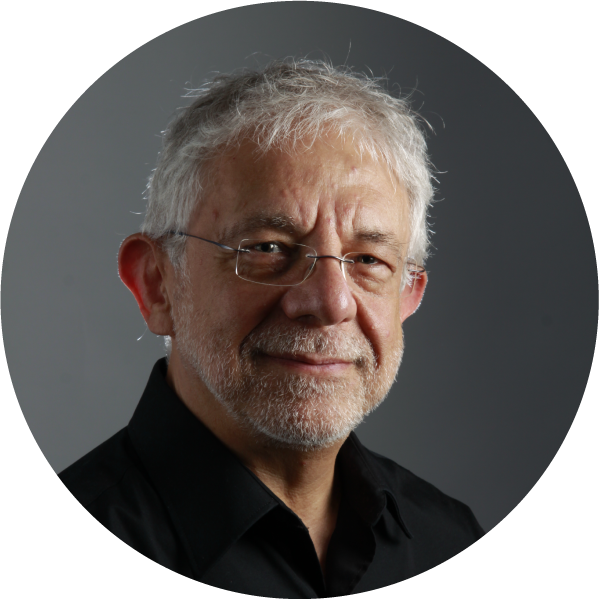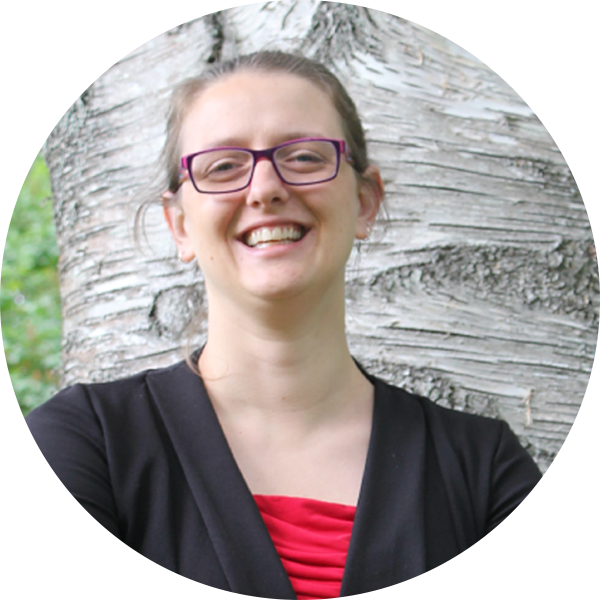2024
Atlantic Air Quality and Health Workshop
A closer look at air quality, and air quality-related climate change impacts on human health in Atlantic Canada
NB Lung is pleased to have hosted the Annual Atlantic Air Quality and Health Workshop.
Bringing together members of the public with stakeholders from diverse academic, healthcare, nonprofit, and government (federal, provincial, and municipal) sectors across all four Atlantic provinces, the workshop is an exciting opportunity to learn and discuss about the health risks of poor indoor and outdoor air quality, education and awareness work and research happening in Atlantic Canada, risks due to climate change, and much more. See a full list of speakers and topics below.
This was a free event hosted by NB Lung and Health Canada at the Courtyard Dartmouth by Marriott, Monday, February 12, 2024.
Simultaneous English/French interpretation was provided via Zoom. Watch a full recording of the event below!

Keynote Speaker
Dr. John Molot, Environmental Health Association of Québec
Topic: Air Pollution as a Modifiable Risk Factor for Chronic Disease
Dr. John Molot began his focused medical practice on environmental health in Ottawa in the 1980s and has been a staff physician at the Environmental Health Clinic at Women’s College Hospital in Toronto since 2007. He is an adjunct professor in the Faculty of Medicine at the University of Ottawa.
Presently, he is a member of the Canadian Committee on Indoor Air Quality, and medical advisor for Canadians for Properly Built Homes and the Environmental Health Associations of Quebec and Canada. He has recently published peer-reviewed articles on MCS titled, Neurological susceptibility to environmental exposures: pathophysiological mechanisms in neurodegeneration and multiple chemical sensitivity and Multiple Chemical Sensitivity: It’s time to catch up to the science. Dr. Molot has also authored a book called 12,000 Canaries Can’t be Wrong.

Darren Tarr, RPC Science & Engineering
Topic: Radon – the impact, testing and mitigation
Darren Tarr is the Supervisor of the Industrial Hygiene / Air Quality Laboratory at New Brunswick’s Research and Productivity Council in Fredericton, New Brunswick. He attended the Nova Scotia Agricultural College (Dalhousie University) in Truro, Nova Scotia, obtaining his degree in Environmental Science (Agriculture). He is a certified radon measurement technician through the Canadian National Radon Proficiency Program (C-NRPP) and a member of the Canadian Association of Radon Scientists and Technologists (CARST). He joined RPC’s Industrial Hygiene lab in 2009 and has been helping people with their air quality and radon concerns / questions since then.

Carlyn Matz, PhD – Sr Evaluator, Healthy Environments and Consumer Safety Branch, Health Canada
Topic: Health Impacts of Wildfire Smoke in Canada – National Perspective
Carlyn Matz received her PhD in Toxicology from the University of Saskatchewan in 2008, and started with Health Canada shortly after. She is a Senior Science Evaluator in the Air Program and has worked on numerous risk assessments including evaluations of diesel and gasoline exhausts and traffic-related air pollution. She is also leading the evaluations of the health effects and health impacts of wildfire smoke.

Tracy Talbot, Health and Air Quality Program Supervisor, Environment and Climate Change Canada
Topic: An overview of the Nova Scotia Fires of 2023 with a closer look at the use of small sensors
Tracey Talbot is a Health and Air Quality Program Supervisor with Environment and Climate Change Canada. Tracey started as a meteorologist with ECCC in 2002 and has worked as a forecaster at both the Newfoundland & Labrador Weather Office in Gander, Newfoundland, and the Atlantic Storm Prediction Centre in Dartmouth, NS. Since 2017, Tracey has been overseeing the ECCC heat, cold and air quality forecast programs for the 4 Atlantic Provinces, working closely with operational forecasters, as well as collaborating with national program leads and provincial health and air quality partners.

Stephanie MacDougall, Environment and Climate Change – Nova Scotia Government
Topic: An overview of the process and challenges of obtaining and installing the small sensors
Stephanie MacDougall, BSc in Environmental Science, is the Supervisor of the Air Quality Monitoring and Reporting team, within the Air Quality Unit at Nova Scotia Environment and Climate Change. Stephanie’s responsibilities include the administration of departmental air quality monitoring and reporting programs. This includes overseeing the operation of the provincial ambient air monitoring network, as well as additional requirements for air quality monitoring (ie: emergency response) in the province. She also represents the province on the National Air Pollution Surveillance (NAPS) managers committee.

Angelos T. Anastasopolos, PhD, Healthy Environments and Consumer Safety Branch, Air Sectors Assessment and Exposure Science Division, Health Canada
Topic: Air quality and health impacts of transportation, industry, and residential sector sources: national trends and findings for the Atlantic region
Angelos T. Anastasopolos, PhD is a senior exposure scientist with expertise in source apportionment modelling, health burden analysis, and ambient exposures to particulate matter and its components including PAHs. Dr. Anastasopolos led the Sector Health Impacts Assessment project and is Principal Investigator for several source-focused exposure studies emphasizing transportation sources (marine, rail, on-road) and their effects on neighbourhood air quality.

Thomas Arnason McNeil, Climate Policy Coordinator, Ecology Action Centre
Topic: Electric school buses and the impact on children’s health
Thomas Arnason McNeil (he/him) is a senior energy coordinator based in Halifax, Nova Scotia. He is passionate about electric vehicle policy, new mobility strategies, and providing clean, affordable and reliable energy solutions for Nova Scotians and their families. He is the lead on the EAC’s Electric School Bus Project, and his most recent work at the EAC involved advocacy and engagement on Canada’s Electric Vehicle Availability Standard. Prior to joining the EAC, Thomas worked for Dunsky Energy and Climate Advisors as an intern. He holds a Bachelor of Arts in History from Dalhousie University and Master of Arts in Sustainable Energy Policy from Carleton University.

Rohini Peris, L’Association pour la santé environnementale du Québec
Topic: Creating Inclusive Accessible Places – solutions and preventions – there is hope!
Rohini Peris is the President and CEO of the Environmental Health Associations of Québec and Canada. For close to 30 years, she has volunteered, managed, and grown the group to around 2000 members, built bridges with similar groups in Canada and around the world, including doctors, scientists, universities, and government, to raise awareness about the disability of multiple chemical sensitivity (MCS), and she advocates for help and support this population.
She has presented many workshops across Canada and has developed programs, websites, workshops, and webinars on all aspects, including workplace accommodations for MCS. In 2011, she collaborated with the University of Québec in Montreal (UQAM) and TÉLUQ to develop an education and awareness program funded by the Ministry of Education, Québec.

Melanie Langille, M.Env.Sc., President and CEO of NB Lung, President of Canadian Network for Human Health and the Environment
Topic: Working together to protect the air we share
Melanie is an environmental scientist with a technical background in human health risk assessment and subject matter expert in air quality. In her role as CEO of NB Lung, Melanie’s priorities are bridging the silos between environment science and human health, with particular emphasis to those most vulnerable to hazards in the air and developing multi-disciplinary, cross jurisdictional partnerships to protect the air we share.
NB Lung has been helping New Brunswickers breathe easier since 1933.
Thank you for your support!
Thank you to our Generous Sponsors!
We are deeply grateful to our sponsors and donors for their unwavering patronage, without which our work would not be possible. Thank you all for fostering a brighter, healthier future in Atlantic Canada!
NB Lung is a charitable non-profit serving New Brunswick since 1933. The 2024 Atlantic Air Quality and Health Workshop is made possible by support from the Government of Canada. The views expressed by our speakers do not necessarily represent the views of Health Canada.

